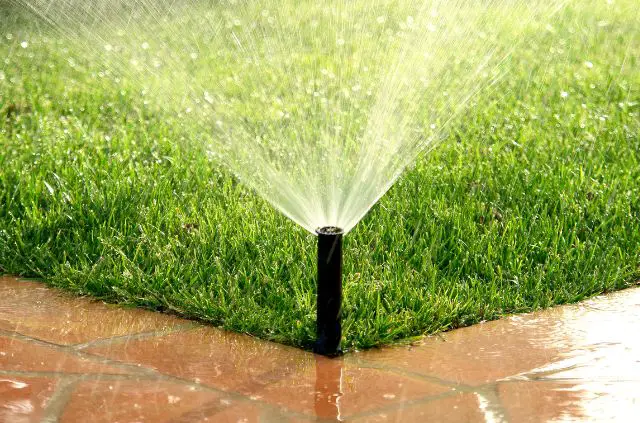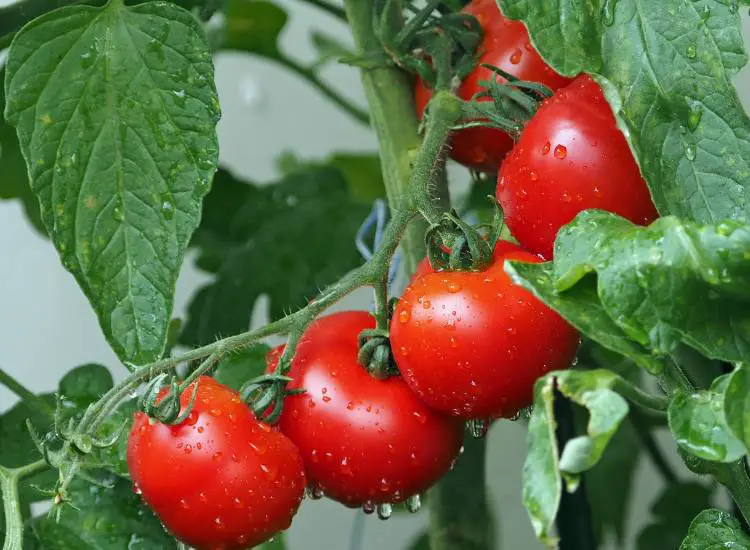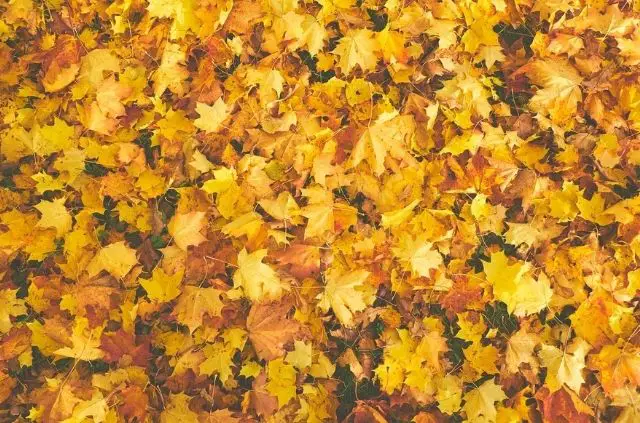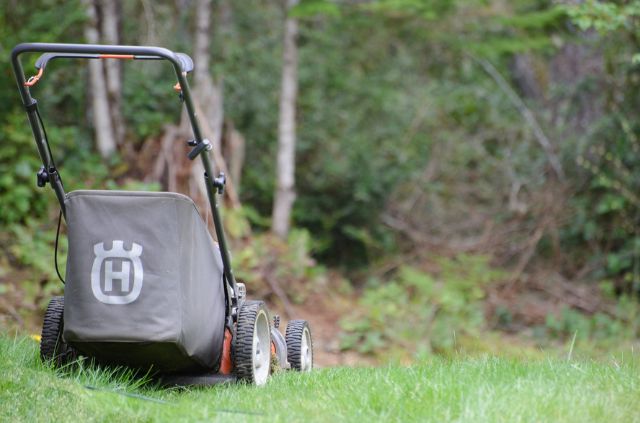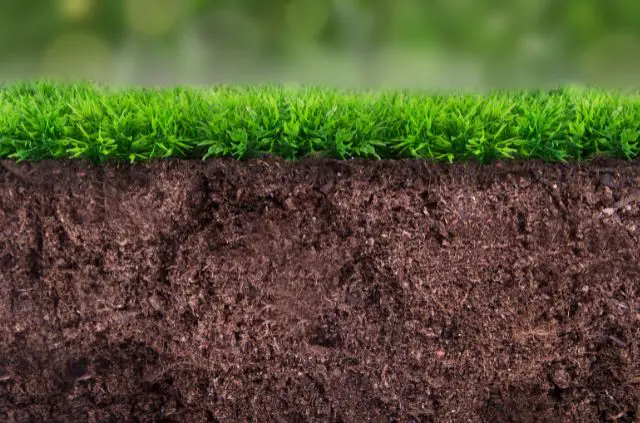What to Do with Old Mulch: A Guide
Planting new flowers will completely transform the look of your garden. But if the mulch isn’t new, it can throw off your landscaping. In the sections below, I will discuss what to do with old mulch that has faded with age.
Old mulch can be raked, reused, and combined with fresh mulch. However, when mulch has become infected with fungus, rot, or infested with pests, it will need to be disposed of.
If not dealt with correctly, old mulch can spread diseases to plants and flowers in your garden. The good news is, there are a few tests you can try to figure out if the mulch should be thrown away, or reused.
Benefits of Mulch
Before jumping into what to do with old mulch, it’s important to understand how it can benefit your garden. Mulch can help reduce weeds, control temperature changes, retain water, provide nutrients, and prevent erosion.
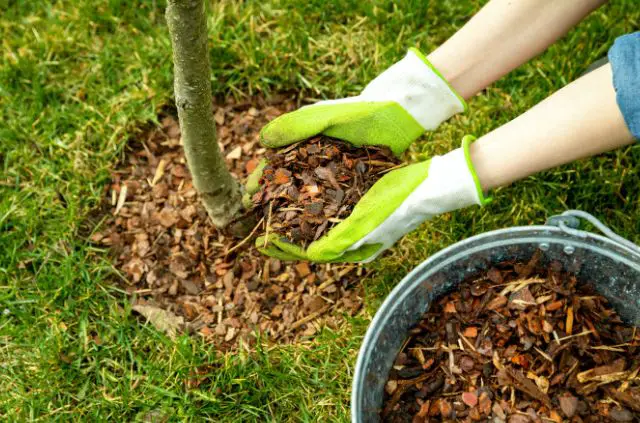
1. Reduces Weeds
It’s no secret that weeds are capable of destroying your garden. They not only look bad, but weeds can wrap around plants and choke them out. Laying down a blanket of mulch can help reduce the spread of weeds, but they will also be easier to pull out – as mulch prevents roots from getting too deep.
2. Temperature Control
If you live in an area with frequent temperature swings, mulch can help protect your garden. It will keep soil cool during the hot summer months and warm in the winter. That’s why it’s crucial to lay down a layer of mulch at least 3 inches thick – for the best temperature control.
3. Water Retention
You might be surprised to learn that mulch can actually help you water plants less. That’s because organic mulch will naturally retain moisture. This in turn will provide your plants with more water over time. Watering less frequently is not only better for the environment, but it can also help you save money on utilities.
4. Provides Nutrients
Wood chips, leaves, and other types of organic mulch can also supply many nutrients to your garden. As these materials break down, they will provide nitrogen and other essential nutrients to the soil. Your plants and flowers will grow strong and healthy with the help of mulch.
5. Prevents Erosion
Without a layer of mulch, the soil around your plants would be exposed to the elements of nature. Rain can create puddles and runoff – which will damage landscaping. But having mulch will prevent this from happening, because the material will decrease the impact of water and act as a barrier between dirt and plants.
Should You Remove Old Mulch?
This answer really depends on what type of mulch you have. In general, there are two main types of mulch you can buy – organic and inorganic.
Organic mulch consists of wood chips, hay, straw, leaves, and other materials that can be found in nature. Inorganic mulch on the other hand is made up of rock, gravel, and even synthetic materials (such as rubber).
Removing Organic Mulch
If you have organic mulch in your yard and want to add more, there’s no reason to replace it. Woods chips for example will naturally decompose and break down over time.
So, all you need to do is add new wood chips over the existing layer. The only time you should consider removing organic mulch is if it has become infected with disease – as this can spread to other plants in your landscaping.
Removing Inorganic Mulch
The process is a little different when it comes to inorganic mulch. Because this material doesn’t break down over time, it will need to be removed if you want to add a new type of mulch to your garden.
If you want to switch from rocks to wood chips for example, the rocks will need to be taken out before installation. Without removing this layer, there will be a barrier between fresh soil and your plants. This will ultimately have a negative impact on germination.
Can You Till Mulch Into Soil?
Tilling is a gardening process that breaks up existing soil. This is most often done using a machine, but can be accomplished with a hand tiller. Tilling helps stir up dirt and can help if you have compacted soil.
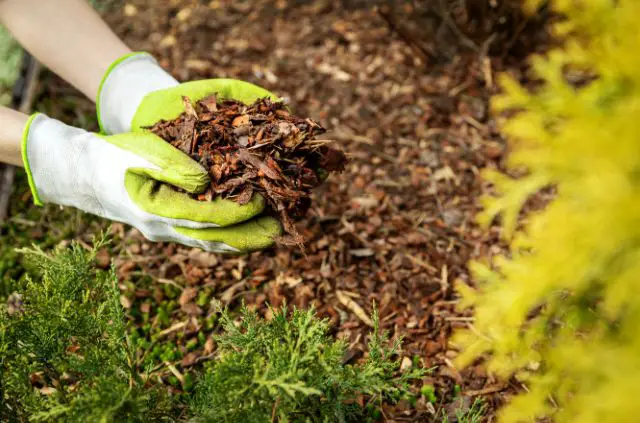
Organic mulch can be tilled into soil for additional benefits. It’s important to note that mulch will break down naturally over a few years. The exact amount of time will vary depending on the type of mulch and environment.
Tilling mulch into soil will increase organic matter and improve drainage in your garden. More importantly, this technique can also increase the amount of nutrients found in dirt, which will help future plants thrive.
Does Mulch Turn Into Compost?
Only organic mulch will turn into compost. It will take a few years for wood chips, straw, hay, and other materials to break down and decompose over time. But this substance will be ready to use again as compost.
Rocks, rubber, plastic, and other synthetic mulches will not decompose over time. As I mentioned above, these materials will need to be removed from your garden, before adding a new layer of organic mulch.
It’s important to note that mulch should be raked every couple of months. Turning the mulch (or stirring it up) will improve air and allow it to breath better. But this will also help with water flow and improve drainage.
If you fail to turn mulch, it will begin to harden and compact the dirt underneath. This organic layer that was once beneficial can now cause damage to your garden. That’s because compacted mulch will prevent water, air, and nutrients from getting to plant roots.
Conclusion
There’s nothing wrong with reusing old organic mulch again. Just remember to rake it up every few months to avoid it from compacting.
Mulch will naturally break down over time and compost into the soil. This will provide a handful of benefits to your garden, as long as the mulch is still healthy.
For landscapes with inorganic mulch, make sure to remove it before installing a new layer. These materials will not break down and they will need to be taken out, before new mulch is added.
Search Terms
- What to do with old mulch
- Should you remove old mulch?
- Does mulch turn into compost?


